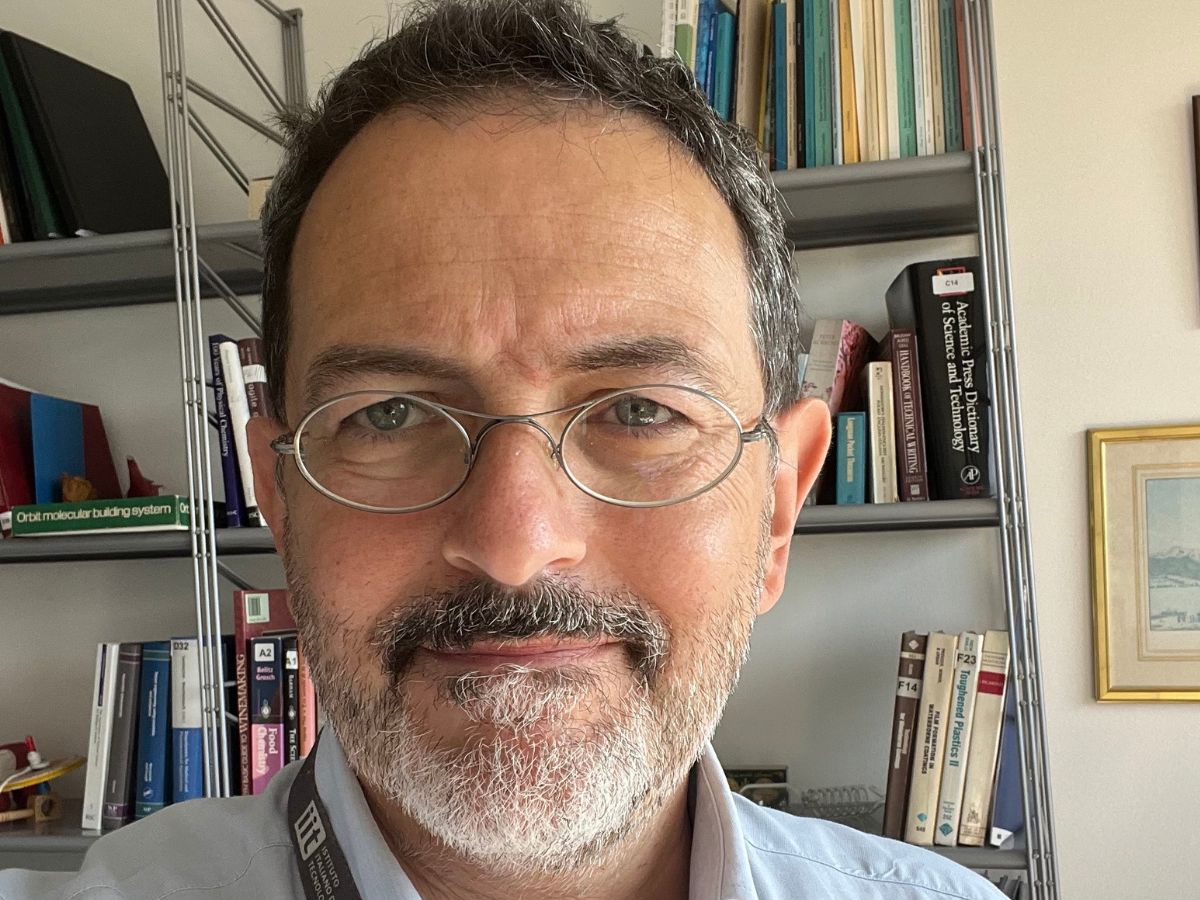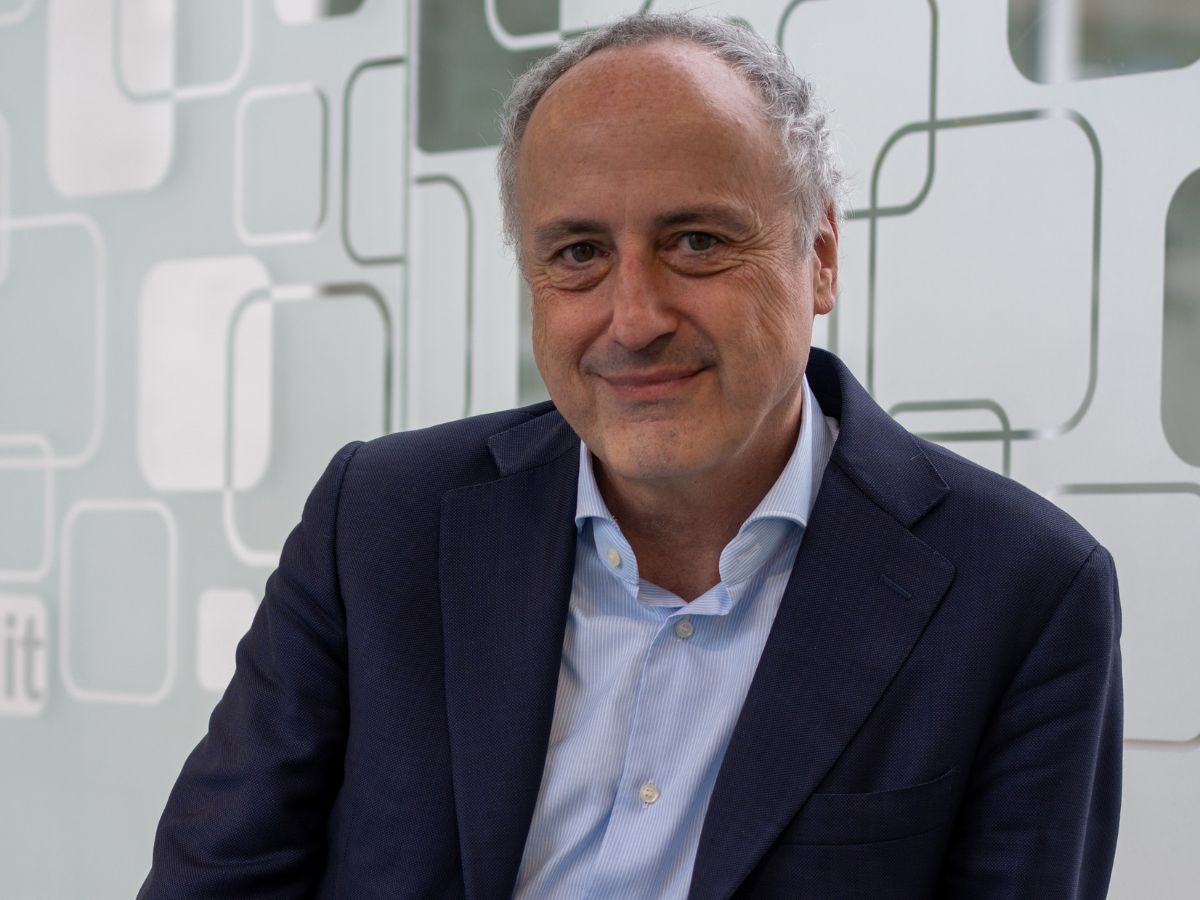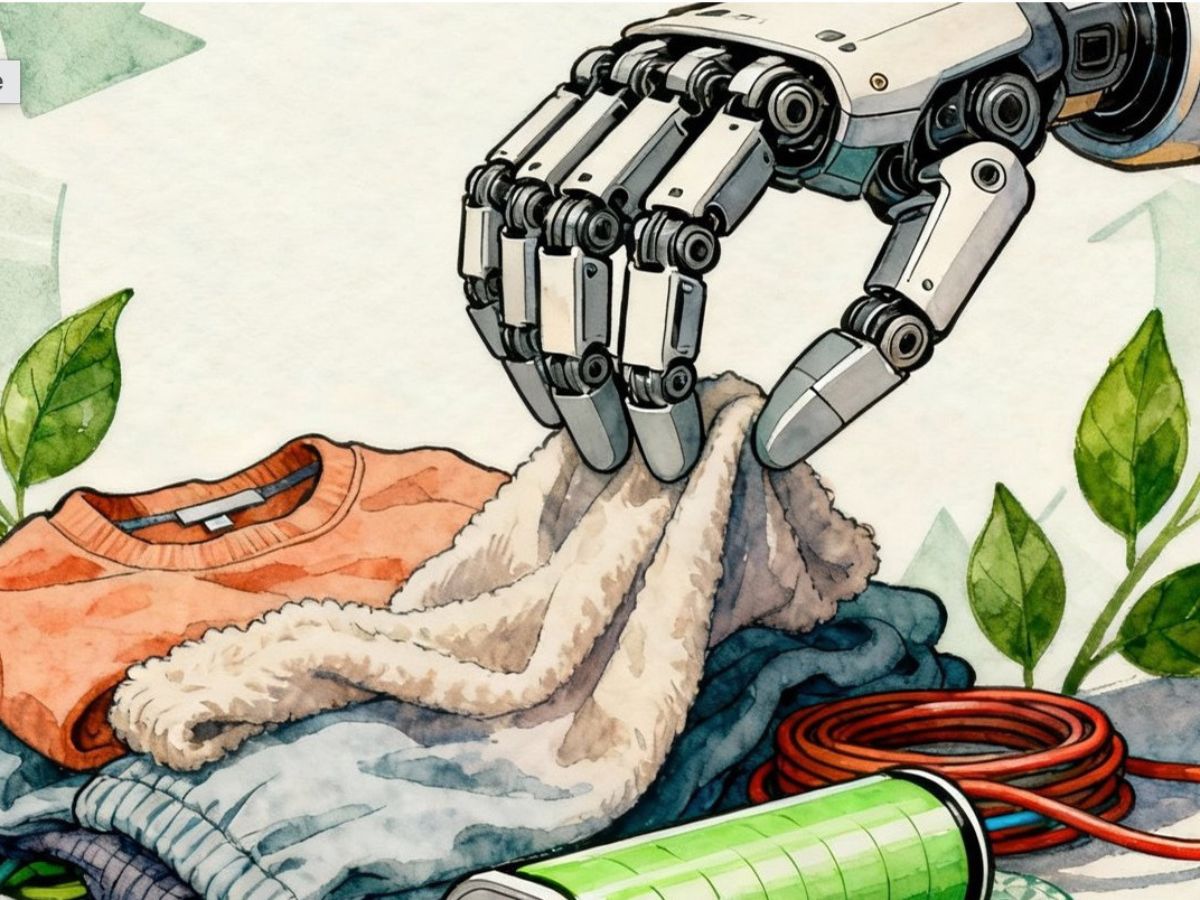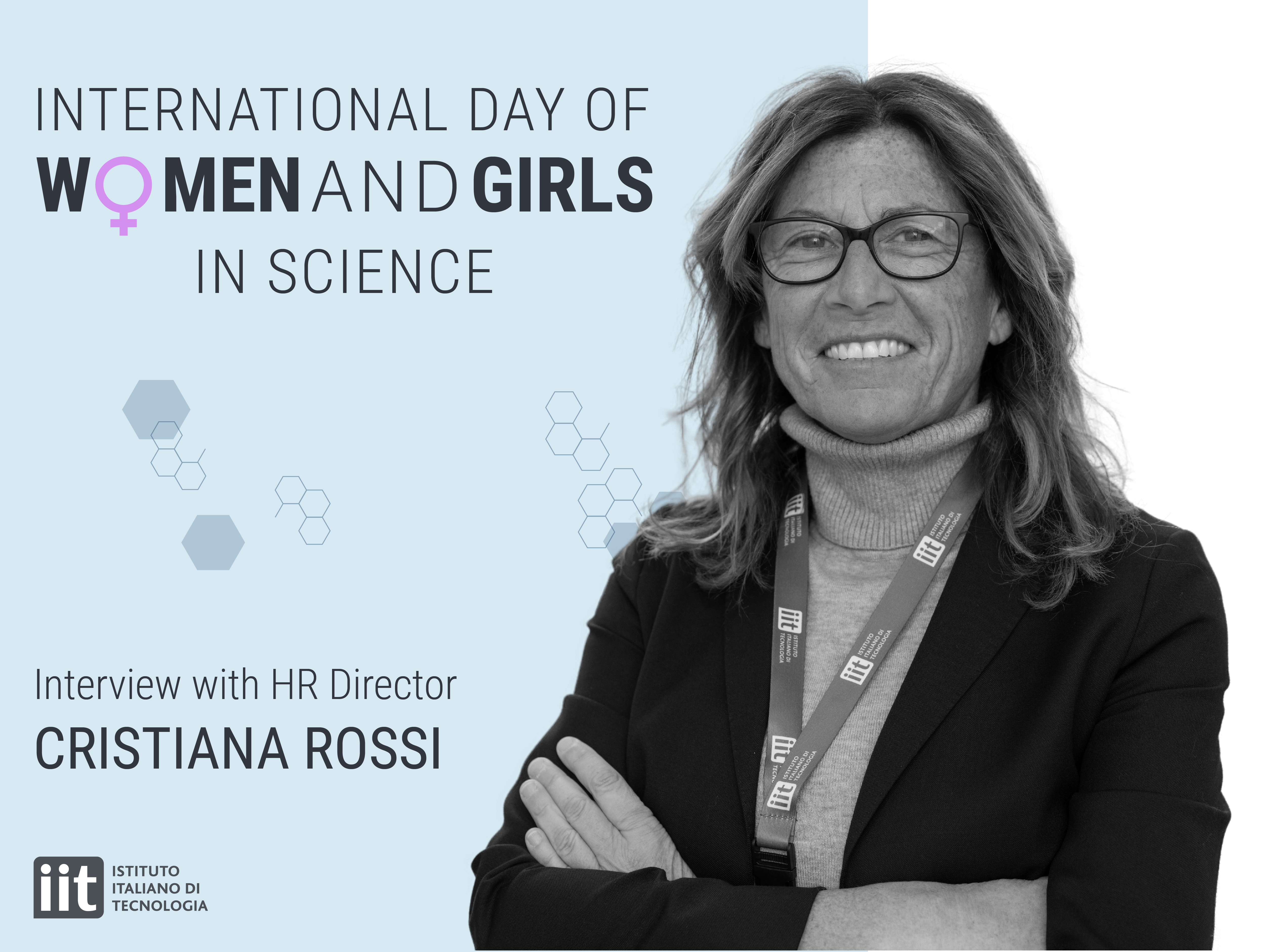Interview to Nicola Tirelli, PI of IIT’s Polymers and Biomaterials research line
How did your career path begin?
Academically, I started out as a chemist specialising in polymers. This is the field in which I took my first steps as a researcher, dealing with the synthesis of new macromolecules, their characterisation and their use to produce new organic materials; ‘plastics’, artificial textile fibres, liquid crystal displays, tyres, many of the components in batteries, etc. are all examples of polymer-based organic materials. This background still influences my work today: I continue to deal with molecules to produce materials.
In the early periods, spent partly at the ETH Zurich, I studied the electro-optical properties of materials that, for example, changed their characteristics by exposure to light (photochromic materials), or changed the colour of light passing through them (frequency duplication). I then directed my interests towards the bio sector; the cornerstone is always molecular engineering of materials, but in this case for biomedical applications, from a regulatory point of view often directly catalogued as pharmaceuticals. In the Anglo-Saxon world, with sometimes somewhat derogatory intent, these activities are often referred to as formulation science: the ‘mixing’ of different components to enable an active ingredient to achieve a desired medical effect. The simplest example of formulation is the production of a solid dosage form for oral-gastro-intestinal release, i.e. a tablet, a pill.
Making a ‘tablet’ with important therapeutic value does not seem trivial
Yes, if we were to think of designing even such a common formulation from scratch, there is a background that is anything but simple: a deep understanding of these processes requires excellent knowledge of both science and engineering. The industrial and especially regulatory demands for standardisation, reproducibility and automation – i.e. to always guarantee the same performance of a medical device – have, however, often been accompanied by great losses of scientific understanding. In short, formulation science is often seen as a bit like the sorcerer’s cauldron: the spell always succeeds, you just have to reproduce it even without understanding it. Instead, the guidelines of this discipline are eminently rational, and primarily seek to match the properties of a formulation with its intended mode of use, and possibly with the individual needs of the patient (so-called personalised medicine). Let me give an example: going back to the ‘tablet’, an appropriate choice of components and type of manufacturing process can cause an active ingredient to be released primarily in the intestine, stomach, or mouth. Practical use? The non-selective release of a non-steroidal anti-inflammatory drug (an NSAID, such as ibuprofen or aspirin) carries a risk of gastric ulcers, which is reduced to zero when the drug is released selectively in the intestine. A second example: also in the ‘tablet’, certain components aid the preparation process; among these, magnesium sterate, which has no therapeutic value but provides the tablet with the necessary lubrication so as not to jam the press that produces it (the tablet press). Other examples of ‘tablet engineering’ include flavour management (covering bitter tones) or the speed of drug release.
So could we define your business as drug engineering?
Definitely. It starts by analysing the medical problem: what is the biological environment we are dealing with? How do we think we influence it with our pharmaceutical form? How can it be administered? Then we translate these concepts into molecular terms: synthesis, characterisation and processing of materials, which in our activity are nanometric and composed of very large molecules (i.e. polymers).
The COVID emergency has focused the attention of the pharmaceutical industries, scientists, and the public on vaccines. Are you and your team working on this issue?
We have two projects planned in the area of vaccines, but it is important to say that these are fundamental science contributions and not directly applied. As is well known, a vaccine stimulates our immune system (e.g. to produce antibodies) through an inflammatory reaction, against a fictitious enemy such as an inert virus, or a nanoparticle; in short, not a dangerous pathogen. It has been the same for more than two centuries: our reaction to the not-so-dangerous smallpox vaccine (the progenitor, from which the word vaccine itself derives) allowed immunisation against the deadly human smallpox. In classical vaccines (e.g. flu vaccines) adjuvants are used to reinforce and control the intensity of inflammatory activation to the antigen (the molecular feature of the virus against which we produce antibodies). In RNA vaccines – we all know them by now: Moderna and Pfizer – it is the RNA itself that acts as both antigen and adjuvant inside our cells. But even if an agent is not dangerous in itself (this is the case with RNA), an uncontrolled inflammatory response can create considerable problems; this is probably at the root of the side effects sometimes found in vaccines. It would be appropriate, and not only for vaccines against COVID, to better understand what degree of inflammation is necessary and sufficient to stimulate the immune response, and to understand how to avoid exceeding it, for example by inserting ‘safety switches’ to avoid paroxysmal reactions. In short, we will work to ensure that there is an immune reaction but under control.
At IIT you are also Associated Director for Education, an important commitment from a cultural and educational point of view
IIT’s educational activity is primarily centred on the PhD instrument; here two modes must be distinguished. The first is vertical training in one’s own research domain; the other concerns fields that are transversal to one’s own expertise, but which keep the doctoral student in balance with a rapidly changing research and production system. In the first case, our task (as project supervisors, but also as an institution) is also to improve specific knowledge in a quantitative sense, but above all to bridge a qualitative and ultimately philosophical gap: how does one formulate a scientific question? How do you structure an answer that is scientifically correct? We do not have to invent anything, there are pre-established canons; in essence, all our answers follow the rules of the Aristotelian syllogism. Unfortunately, their practical translation is not (any longer) taught during a standard university education, and it is left to the doctorate to develop in practice, for example, how a complex question can be transformed into the product of simpler questions, how these should be based on orthogonal variables (that do not influence each other), how to design an experiment, how to establish controls. In short, the PhD is primarily a training ground for improving these skills, directed towards problem-solving, asking questions and organising answers in a rigorously philosophical manner. This perspective, however, must be supported by a transversal training, which allows one to enter the world of work without potentially onerous and painful reconversions. These in fact have a cost (economic and time) for both the researcher and his future employer.
Can the Ph.D. materialize into new and more fruitful development hypotheses consistent with an innovative vision of research?
Yes, I am thinking of the industrial PhD, which has often had attention from the Ministry of University and Scientific Research. My personal assessment, however, is that this type of doctorate cannot be managed following the same rules as an academic PhD. A teaching structure still based on credits, with only academic management (faculty college), and evaluation based on publications and scientific achievements, is well aimed at an academic career, but hardly has the flexibility to allow the development of truly relevant skills in an industrial context. In short, an industrial Ph.D. student should be able to enter an advanced manufacturing context without the need for retraining; instead, the risk is to train personnel who are still academic in nature, penalizing them with projects of lower scientific caliber. A lose-lose situation instead of a win-win situation.
What subjects could be developed in this doctoral program?
In the course of an industrial PhD, delving into elements of fundamental science doesn’t hurt, but one should delve into the problems of manufacturing, learn the rules of quality control, the difference between product development (more innovative and potentially more profitable, but also more expensive and with more distant commercial horizons) and application development, develop a mindset based on the production of big data and the tools to manage it.To concretize this and other ideas about PhDs, it would be important to also organize a doctoral school in IIT.This activity would allow us to build an educational path modulated on our mission, which should make people understand the value, in our country, of higher education directed toward applications.






